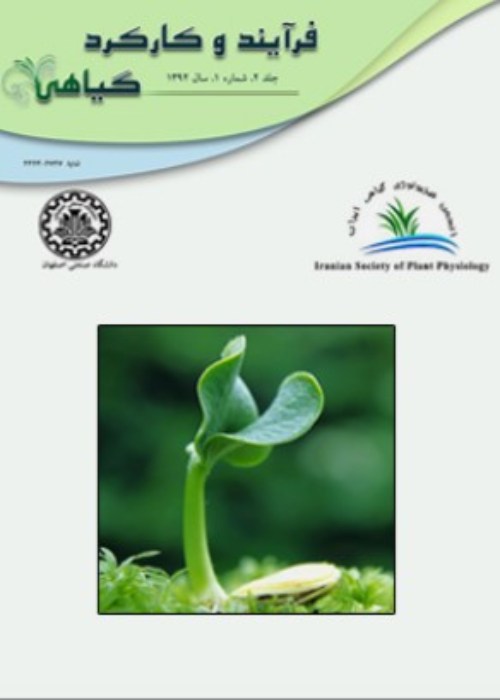Melatonin; Growth regulator and strong antioxidant in plants
Melatonin (N-acetyl-5-methoxytryptamine) is an indole metabolite derived from tryptophan which is synthesized in plant cells in the chloroplasts and mitochondria. Melatonin is present in all plant species, with large variations in its level depending on the plant organ or tissue, and is a molecule endowed with a multitude of functions that makes it worthy to be referred to as a plant growth regulator. One of the main functions of melatonin in plants is its substantial influence on plant hormones such as auxin, gibberellins, cytokinins, and abscisic acid. Melatonin functions in plants are similar to the antioxidant activities of auxin. Melatonin has many beneficial actions, generally improving physiological responses such as seed germination and growth, photosynthesis (pigment content, photorespiration, stomatal conductance, and water economy), seed and fruit yield, osmoregulation, and the regulation of the different metabolic pathways. Its ability to strengthen plants subjected to abiotic stress such as drought, cold, heat, salinity, chemical pollutants, herbicides, and UV radiation makes melatonin an interesting candidate for use as a natural bio-stimulating substance. In addition, melatonin is involved in numerous cellular functions as an antioxidant. It acts as an excellent scavenger of reactive oxygen species (ROS) and reactive nitrogen species (RNS) in plants. The studies showed that melatonin act as a direct antioxidant, neutralizing several ROS/RNS and other radical species harmful to the cell, and also acts as an activator of the antioxidant response, up-regulating various transcription factors that triggers the activity of antioxidant enzymes such as superoxide dismutases, catalases, peroxidases, and those involved in the ascorbate-glutathione cycle. Melatonin also acts as a circadian regulator, cyto-protector, and growth promoter, rhizogenesis, cellular expansion, and stress protection, in plants. All these data lead us to the idea that exogenous melatonin treatment might help crops resist under biotic and abiotic stressful environmental conditions.
- حق عضویت دریافتی صرف حمایت از نشریات عضو و نگهداری، تکمیل و توسعه مگیران میشود.
- پرداخت حق اشتراک و دانلود مقالات اجازه بازنشر آن در سایر رسانههای چاپی و دیجیتال را به کاربر نمیدهد.


